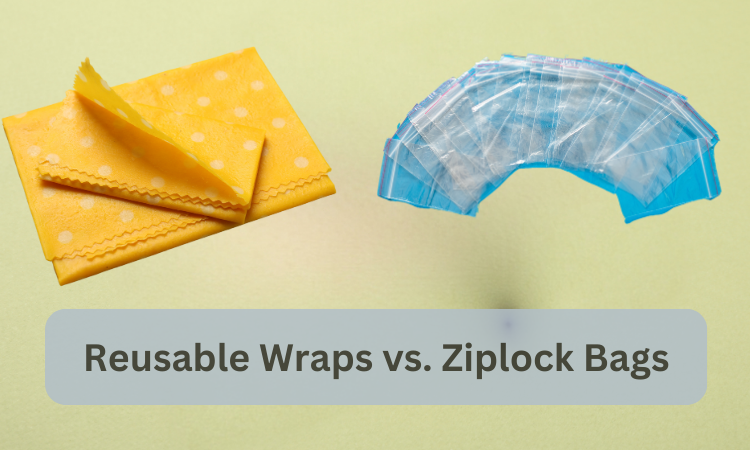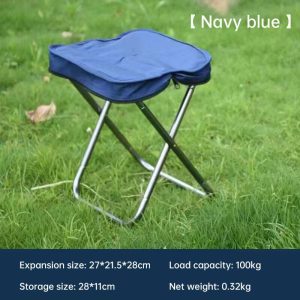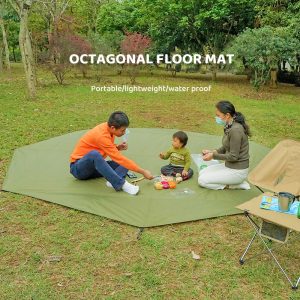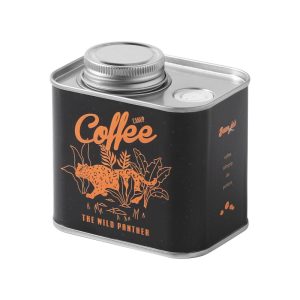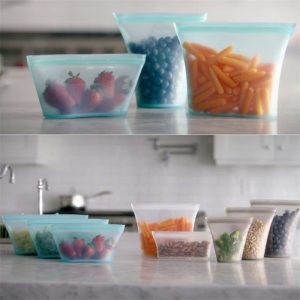In today’s environmentally conscious world, individuals are constantly seeking ways to reduce their carbon footprint and minimize waste. As part of this movement, the debate between reusable wraps and ziplock bags has garnered significant attention.
Both options offer solutions for storing food and reducing single-use plastic consumption, but which one reigns supreme in the realm of sustainability? Let’s delve into the zero waste showdown between reusable wraps and ziplock bags.
Environmental Impact
When it comes to environmental impact, the disparity between reusable wraps and ziplock bags is stark. Ziplock bags, typically made from petroleum-based plastics, contribute significantly to pollution and landfill waste.
On the other hand, reusable wraps, often crafted from sustainable materials like beeswax-infused cotton or silicone, offer a greener alternative. By opting for reusable wraps, individuals can substantially reduce their carbon footprint and contribute to a healthier planet.
Cost Comparison
One common misconception is that sustainable alternatives come with a hefty price tag. While reusable wraps may require a slightly higher initial investment compared to disposable ziplock bags, their long-term cost-effectiveness cannot be overlooked. By calculating the cost per use, it becomes evident that reusable wraps offer substantial savings over time. Moreover, investing in durable wraps means fewer replacements, further reducing overall expenditure.
Effectiveness
In the battle for food preservation, both reusable wraps and ziplock bags have their strengths. Ziplock bags excel in sealing out air and moisture, thereby extending the shelf life of perishable items. However, reusable wraps, with their pliable nature and natural antibacterial properties, offer comparable performance while eliminating the need for single-use plastics.
Additionally, reusable wraps are versatile enough to cover various shapes and sizes, providing a snug fit for fruits, vegetables, sandwiches, and more.
Convenience and Practicality
In terms of convenience, ziplock bags have long been favored for their ease of use and disposable nature. However, reusable wraps are equally convenient, requiring minimal effort for cleaning and maintenance.
With proper care, reusable wraps can last for months or even years, making them a practical choice for eco-conscious consumers. Furthermore, their flexibility allows for easy wrapping and unwrapping, eliminating the hassle of dealing with stiff plastic bags.
Health and Safety
Safety concerns regarding plastic leaching chemicals into food have plagued ziplock bags for years. While many manufacturers claim their bags are BPA-free, doubts remain about the potential risks associated with other harmful substances. In contrast, reusable wraps made from natural materials offer peace of mind, ensuring food remains free from harmful chemicals.
However, it’s essential to note that proper cleaning and storage practices are crucial to maintaining hygiene and safety standards.
Versatility
When it comes to versatility, reusable wraps take the lead, offering a multitude of uses beyond food storage. From covering bowls and dishes to wrapping sandwiches and snacks, reusable wraps prove to be indispensable in the kitchen. Moreover, their ability to mold and adhere to various surfaces makes them suitable for sealing jars, bottles, and even wrapping gifts. With ziplock bags, the options are limited to food storage, lacking the versatility and charm of reusable wraps.
Aesthetics and Personalization
In the realm of aesthetics, reusable wraps undoubtedly take the spotlight with their vibrant colors and patterns. Unlike ziplock bags, which are often transparent and utilitarian in design, reusable wraps add a touch of personality to food storage.
Furthermore, the option for customization allows users to tailor wraps to their preferences, whether it’s a favorite pattern or a personalized message. With reusable wraps, sustainability meets style, elevating the dining experience while minimizing waste.
Consumer Awareness and Education
Promoting awareness about sustainable alternatives is key to driving consumer adoption of reusable wraps. Educating individuals about the environmental impact of single-use plastics and the benefits of reusable options is essential for fostering a culture of sustainability. By providing resources and information on proper usage and care, consumers can make informed decisions that align with their values and contribute to a greener future.
Cultural and Lifestyle Factors
Cultural norms and lifestyle choices play a significant role in shaping preferences for food storage solutions. In some cultures, the tradition of using natural materials for wrapping food has deep roots, making the transition to reusable wraps seamless.
However, in societies where convenience trumps sustainability, ziplock bags may still hold sway. Nevertheless, with the rise of eco-conscious movements and initiatives, attitudes towards sustainable living are evolving, paving the way for widespread adoption of reusable alternatives.
Social Media and Influencer Impact
The power of social media and influencer marketing cannot be underestimated in driving consumer behavior. Influencers and eco-conscious advocates play a vital role in promoting sustainable living practices and advocating for alternatives to single-use plastics.
By leveraging their platforms to showcase the benefits of reusable wraps and ziplock alternatives, influencers can inspire their followers to make eco-friendly choices and reduce their environmental footprint.
Government Regulations and Policies
Government regulations and policies also play a crucial role in shaping consumer behavior and promoting sustainable practices. In recent years, many countries have implemented bans or restrictions on single-use plastics, encouraging individuals and businesses to seek alternative solutions.
By enacting legislation that supports the use of reusable wraps and other eco-friendly alternatives, policymakers can accelerate the transition towards a circular economy and reduce plastic pollution.
Case Studies and User Reviews
Real-life experiences and testimonials provide valuable insights into the efficacy and usability of reusable wraps and ziplock alternatives. By sharing success stories and user reviews, individuals can learn from others’ experiences and make informed decisions about which option best suits their needs. From busy parents looking for convenient lunch solutions to avid travelers seeking lightweight packing options, there’s a reusable wrap or ziplock alternative for every lifestyle.
Future Trends and Innovations
As the demand for sustainable packaging solutions continues to grow, the future looks bright for reusable wraps and ziplock alternatives. Innovations in material science and packaging technology are driving the development of eco-friendly alternatives that offer superior performance without compromising on sustainability.
From compostable wraps made from plant-based materials to reusable silicone bags with advanced sealing mechanisms, the possibilities are endless. With ongoing research and development, the future of food storage solutions is undoubtedly green.
Conclusion
In the zero waste showdown between reusable wraps and ziplock bags, the verdict is clear: reusable wraps emerge as the victor in terms of sustainability, cost-effectiveness, and versatility. While ziplock bags may offer convenience in the short term, their environmental impact and long-term costs outweigh the benefits. By making the switch to reusable wraps, individuals can take a significant step towards reducing plastic waste and preserving the planet for future generations.
Frequently Asked Questions (FAQs)
- Are reusable wraps easy to clean?
Reusable wraps are typically easy to clean with mild soap and water. Some options are also dishwasher-safe for added convenience. - Can reusable wraps be used for hot foods?
While some reusable wraps are suitable for wrapping hot foods, it’s essential to check the manufacturer’s guidelines to ensure safety and prevent damage to the wraps. - Do reusable wraps have a lifespan?
With proper care and maintenance, reusable wraps can last for several months or even years. However, their lifespan may vary depending on usage and material quality. - Are reusable wraps safe for storing all types of food?
Reusable wraps are generally safe for storing a wide range of foods, including fruits, vegetables, sandwiches, and cheese. However, it’s advisable to avoid wrapping raw meat or fish to prevent cross-contamination. - How can I dispose of old reusable wraps?
At the end of their lifespan, reusable wraps made from natural materials can be composted, while those made from synthetic materials may need to be recycled according to local guidelines.

